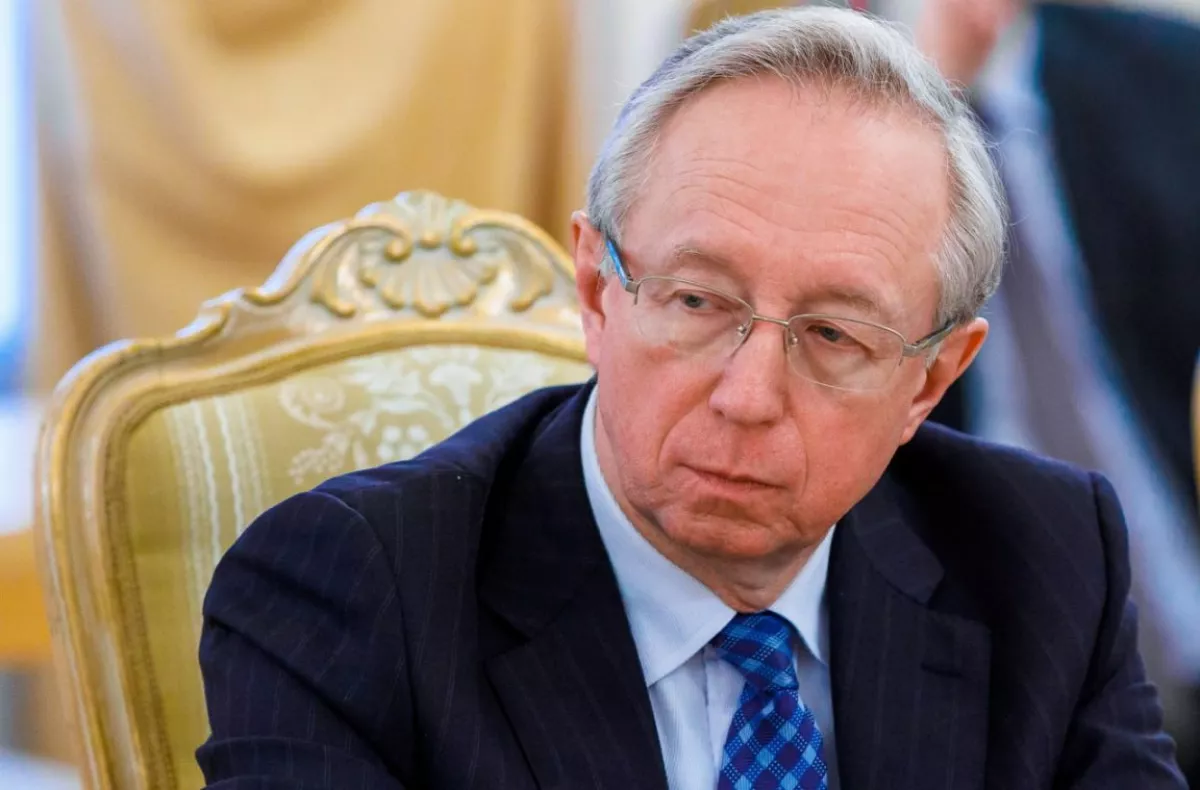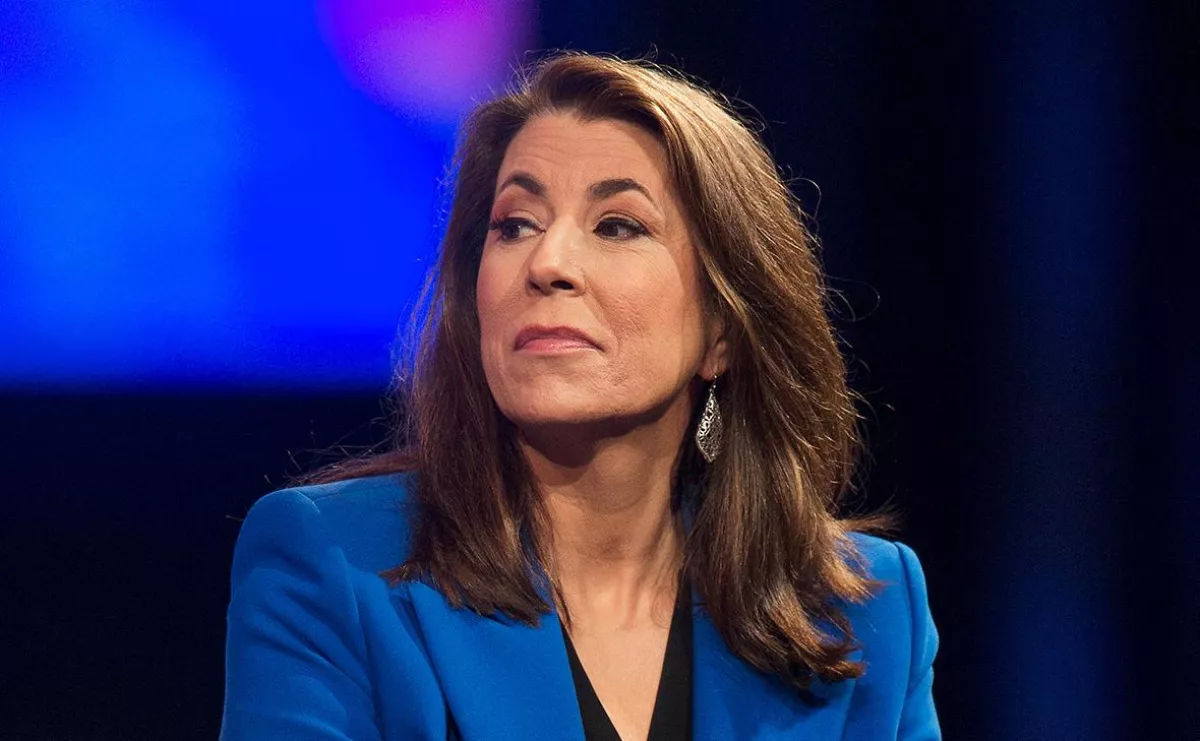Without intermediaries Azerbaijan and Armenia — for bilateral dialogue
The meeting between the President of Azerbaijan, Ilham Aliyev, and the Prime Minister of Armenia, Nikol Pashinyan, is not only in the spotlight of the media but has also become one of the main topics for representatives of several countries. Among all these statements, the remarks of officials from the now-defunct OSCE Minsk Group member countries deserve special attention.
Let's start, perhaps, with Russia.

"Moscow is ready to contribute to the settlement of relations between Yerevan and Baku," said Deputy Foreign Minister of the Russian Federation Mikhail Galuzin to Izvestia, noting that the main directions for progress were outlined in the trilateral agreements between the leaders of Russia, Azerbaijan, and Armenia in 2020 and 2022.
"We believe that these directions should be pursued: preparation of a peace treaty, unblocking economic ties and transport communications in the region, delimitation of borders followed by demarcation, establishment of dialogue between the civil societies and parliaments of Armenia and Azerbaijan. And, of course, the Russian side, as one of the participants in the trilateral agreements, is ready to continue contributing to their implementation. Naturally, in whatever form is convenient for both parties," said the Deputy Foreign Minister of Russia.
The day before, the press secretary of the President of Russia, Dmitry Peskov, made a statement expressing "wholehearted support" for the Azerbaijani-Armenian negotiations in Abu Dhabi.
What unites these two statements? We believe it is the desire—but not the ability—to put a good face on a bad game. Russia cannot fail to understand that since the signing of the trilateral agreements mentioned by Galuzin, too much has changed—both in the South Caucasus and on the global political stage.
For instance, Azerbaijan has fully restored its sovereignty and territorial integrity as a result of a one-day anti-terrorist operation, which logically led to the withdrawal of Russian peacekeepers from the Karabakh region.
Russia, in turn, has entered a full-scale military conflict with Ukraine. Beyond the fact that war itself brings no good to either side—people die, infrastructure is destroyed—Russia has come under enormous pressure from sanctions imposed on it by the collective West.
It must also be noted that during this period, relations between Moscow and a number of countries, including Azerbaijan, have significantly deteriorated.
The cooling of Russian-Azerbaijani relations began after Russian air defences shot down a civilian plane of the airline AZAL, flying the Baku–Grozny route, resulting in the deaths of 38 people, including crew members. Russian authorities did not express a willingness to offer clear official apologies to Azerbaijan for what happened nor to bring those responsible to justice. This left, to put it mildly, a very unpleasant impression, further aggravated by recent events related to pressure on the Azerbaijani diaspora in Russia.
In turn, relations between Russia and Armenia are far from smooth. Against the backdrop of allegations of a Russian role in an attempted coup in Armenia, calls to ban Russian TV channels are growing louder, and protest rallies are being held where participants voice anti-Russian slogans. It is important to note that Russian-Armenian relations have never sunk to such a low level, virtually approaching zero.
Taking all of the above into account, the statements made by representatives of Russia’s Foreign Ministry and the Kremlin—statements that implicitly convey the idea that Russia is an “objective arbiter” in the process of Azerbaijani-Armenian normalisation—appear, at the very least, inappropriate, if not entirely detached from reality.

The United States has also weighed in, with State Department spokesperson Tammy Bruce stating that Washington supports efforts to ensure peace and stability in the South Caucasus. This reflects a clear attempt by Washington to act much like Russia—positioning itself as the main “peacemaker” in the Azerbaijani-Armenian dialogue.
To complete the picture, all we are missing is a statement from the French side, in which, we assume, Paris would undoubtedly declare its support for the ongoing process between Baku and Yerevan. But for now, France remains proudly silent—or perhaps resentfully so, feeling snubbed by Yerevan.
Frankly speaking, such post-event statements have become tiresome and provoke nothing but open irritation. One is tempted to say to these countries: “Gentlemen, you had nearly three decades to bring Azerbaijan and Armenia to peace — and yet… you failed.” Or perhaps you simply didn’t want to succeed.
That is precisely why the meeting between the leaders of Azerbaijan and Armenia did not take place in Moscow, Washington, or Paris — but in Abu Dhabi.
Most importantly, following the meeting, both sides declared substantial progress in the negotiation process, which is taking place in the format of direct dialogue. Yes, exactly that — without intermediaries.
And this format has proven to be highly effective, offering genuine hope for the establishment of lasting peace between Azerbaijan and Armenia. A peace so desperately needed by the South Caucasus. A peace that Azerbaijan has done so much to bring closer.








